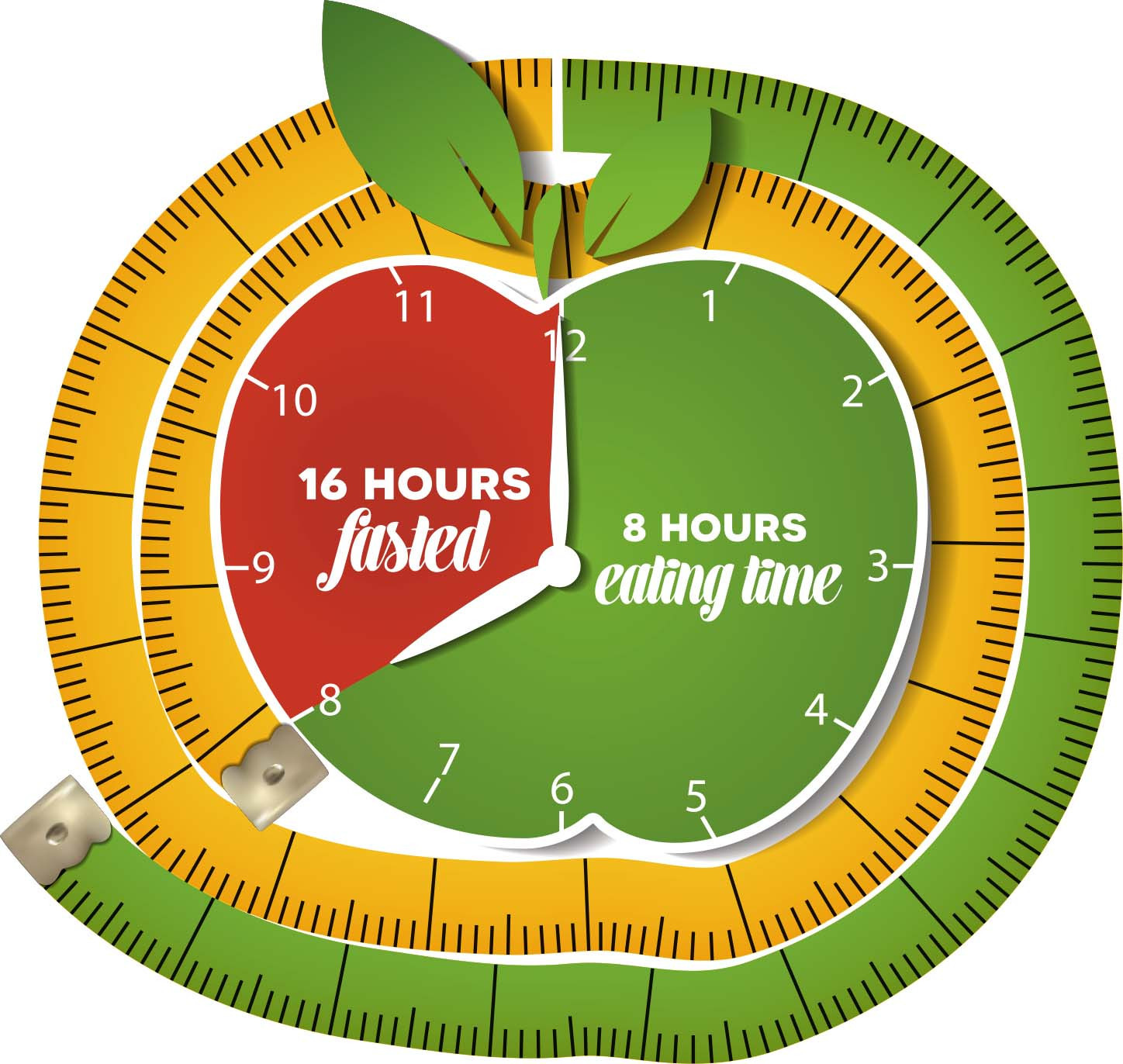
Therapr Team
Fasting isn’t new. It has been practiced for centuries for religious, cultural, and medical reasons. But intermittent fasting (IF) has recently become one of the most talked-about approaches in the health and wellness community. Unlike traditional diets that focus on what you eat, intermittent fasting focuses on when you eat. Backed by both ancient wisdom and modern science, this approach can offer a wide range of benefits. However, it's essential to understand how it works and whether it’s the right fit for you.
Intermittent fasting is an eating pattern that cycles between periods of eating and fasting. The most popular methods include:
Unlike most diets, IF doesn’t dictate specific foods but instead sets a schedule for eating.
Scientific studies have highlighted several health benefits of intermittent fasting, such as:
Despite its popularity, intermittent fasting is surrounded by myths:
Myth 1: It slows down your metabolism
Myth 2: You’ll lose muscle
Myth 3: You must skip breakfast
Intermittent fasting is not suitable for everyone. The following groups should consult a healthcare provider before trying IF:
It’s essential to listen to your body and avoid pushing through if fasting makes you feel unwell.
If you're new to IF, start slow. Begin with a 12-hour fast and gradually increase it to 14 or 16 hours. Keep these tips in mind:
Fasting alone won’t give you optimal health. It works best when combined with:
Initial hunger and fatigue are common but usually temporary. Within a couple of weeks, many people report improved energy levels, sharper focus, and easier digestion. Tracking your progress and journaling your physical and emotional responses can help with long-term success.
Intermittent fasting is more than a diet trend—it’s a lifestyle change with a foundation in science and tradition. While it’s not a one-size-fits-all solution, many people find it to be a sustainable and effective way to improve their overall health. Whether you're aiming to lose weight, manage blood sugar, or simply give your digestive system a break, IF can be a powerful tool when done correctly and mindfully.
Author profile
Read more articles by Therapr Team.
Get the latest wellness insights delivered to your inbox.
Subscribe to Newsletter